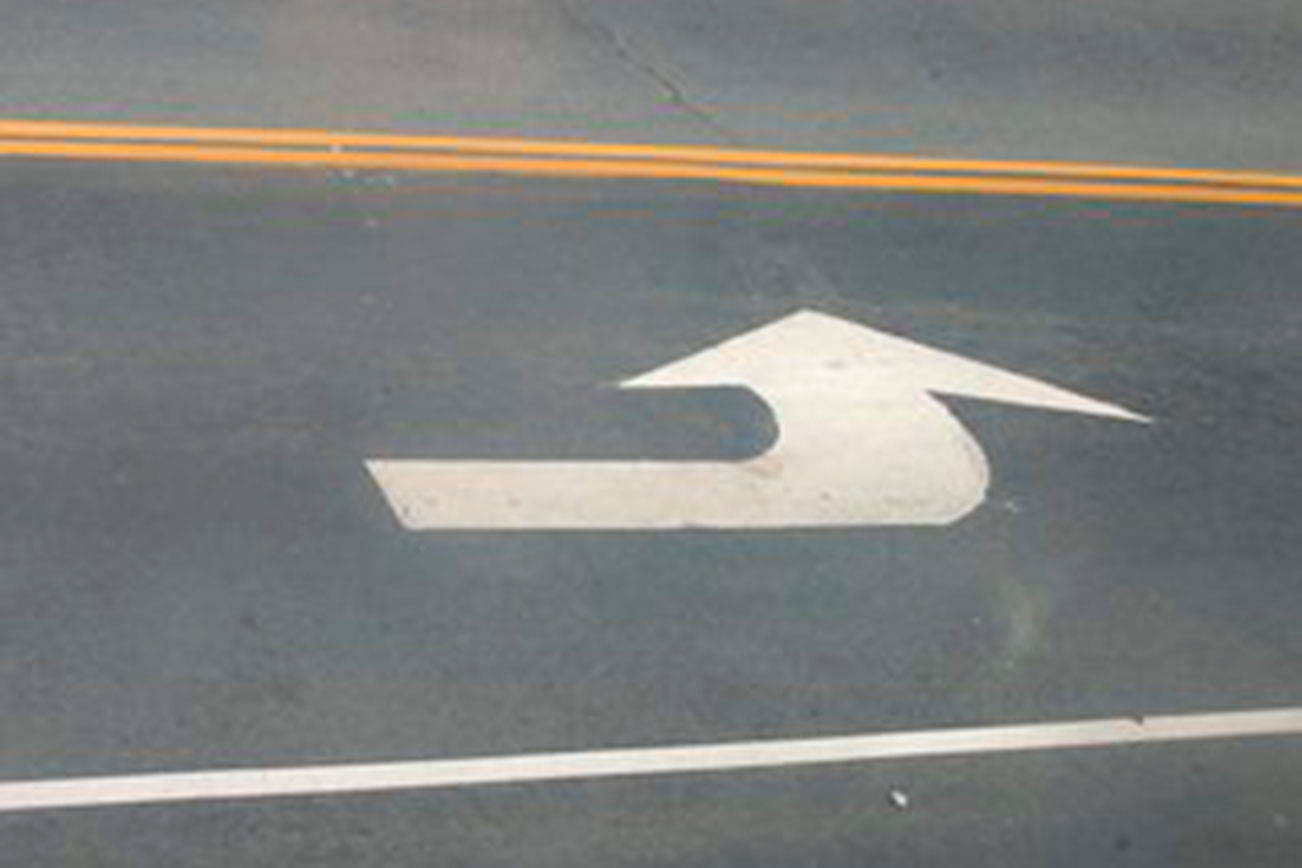For years, the wretched condition of the 4th Street Southeast corridor has been a pain in the side to the city of Auburn and to everyone who uses it, residents and businesses alike.
City engineers have known about the need to rebuild the corridor for several years, but until now, making that happen has been outside of city’s ability to pay for without grant funding.
Last week, the Washington State Transportation Improvement Board awarded the city a $1.75 million state grant that will enable it to complete the $4.86 million project, which is part of the city’s overall arterial preservation program.
Public Works Director Ingrid Gaub said the city has had a continued goal of maintaining its streets at an average pavement condition index of 70 out of 100 — 100 being a brand new street, and zero being a street that has failed. And although in recent years the city has made significant progress toward this goal, 4th Street Southeast was among the projects that remained to be reconstructed.
The cost of this project breaks down as follows: $2.2 million funded by the city’s water and sewer utilities for normal repair, replacement and maintenance; $1.75 million in grant funds from the TIB, which is comprised of state gas tax revenues; and the remaining money from the city’s street preservation funds.
What residents will get for all that money is the repair and replacement of the water and sewer utility line, and rebuilt roadway pavement between D Street Southeast and L Street Southeast with new pavement to its full depth. From Auburn Way South to D Street Southeast, the project will grind down the top surface of the existing pavement and replace it with an overlay
The project should begin its design and permitting phases in 2021 with construction anticipated to start in early to mid-2022 and be completed by late 2022 or early 2023 depending on weather conditions during the construction phase.
“The city’s available funding without grant supplements will not allow us to sustain this goal for our streets condition over the long term,” said Gaub. “Winning this highly competitive state grant helps the city to stretch the limited funding for street preservation further and allows us to do more.”


